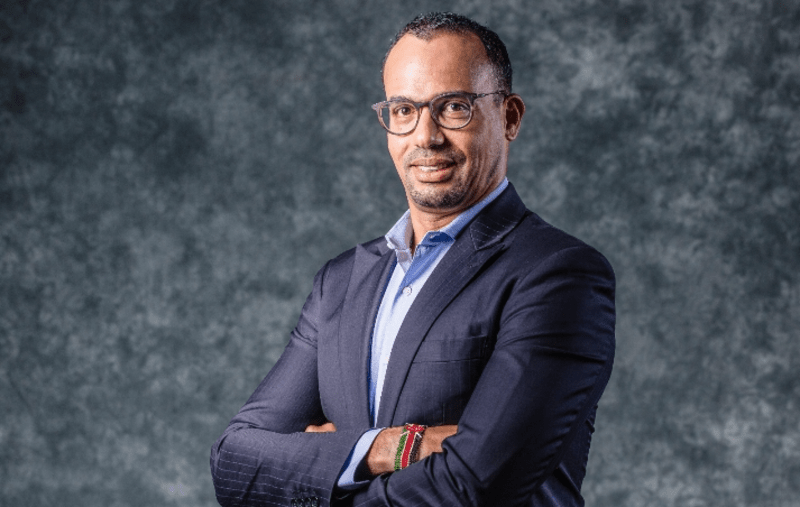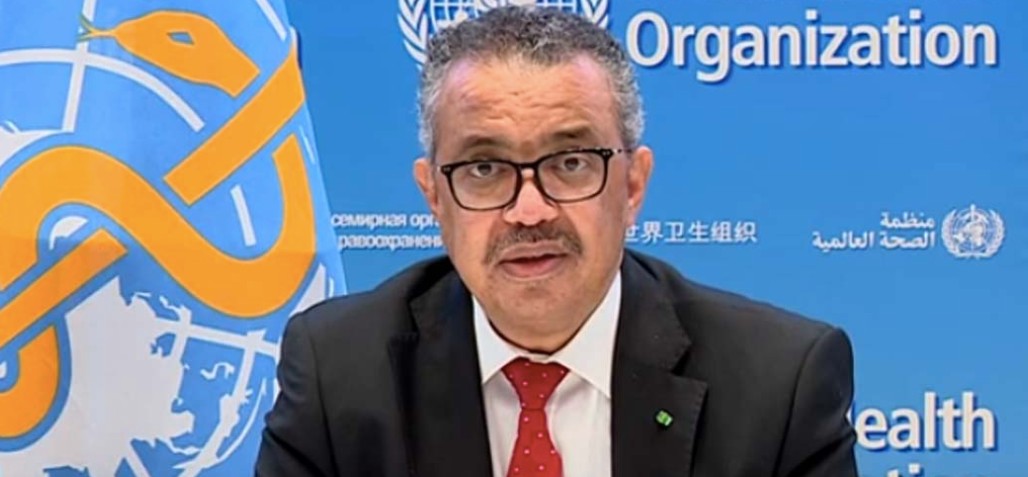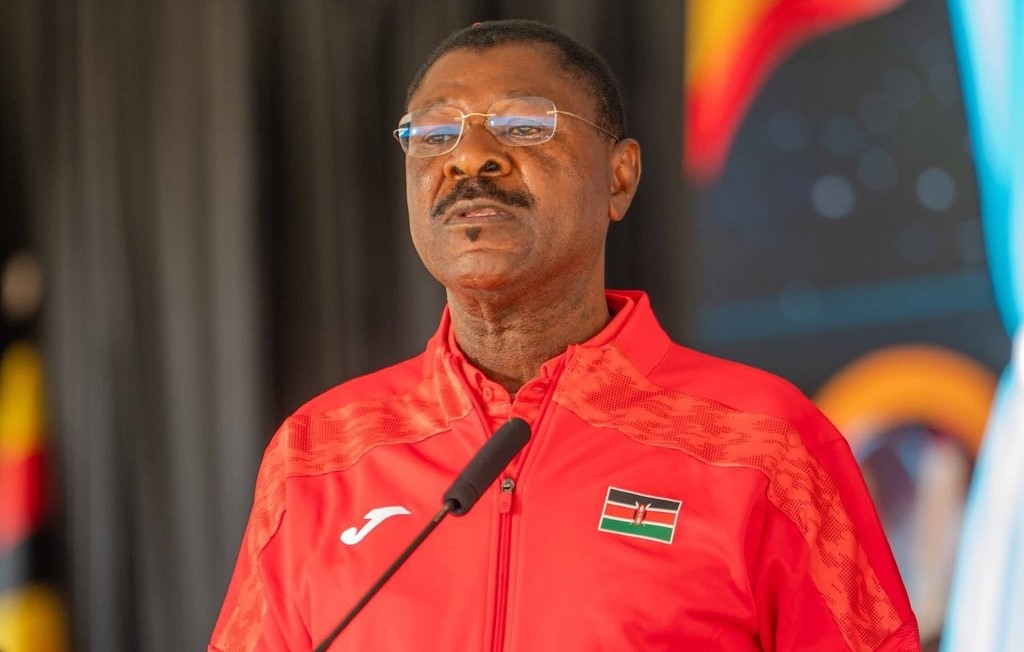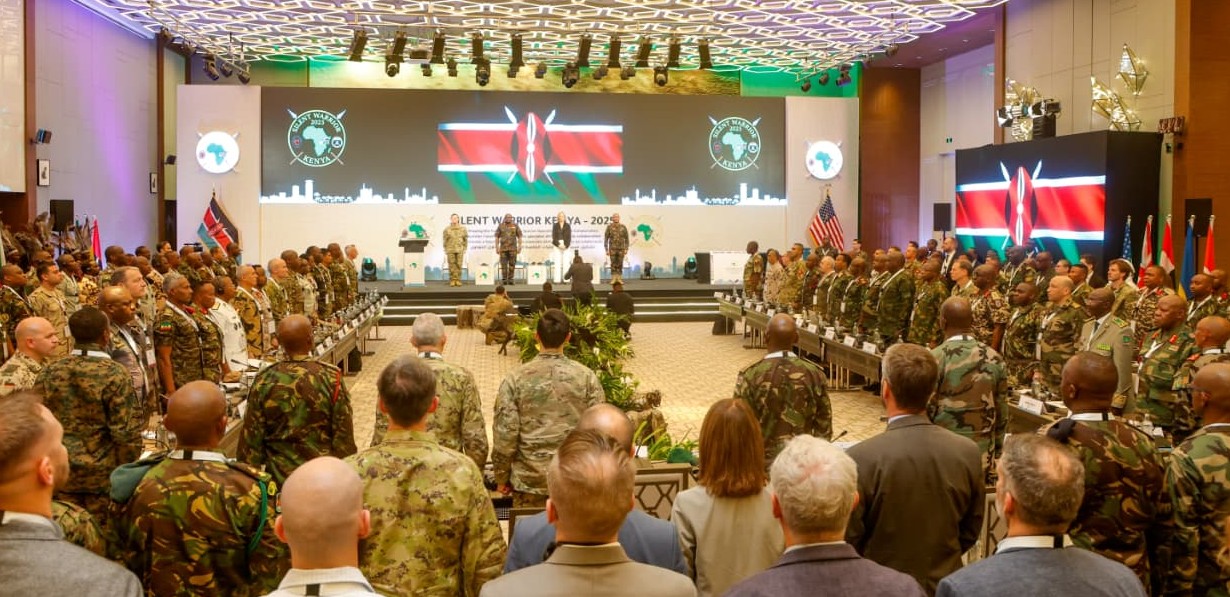OPINION: Film industry in Africa shifting towards impact-oriented storytelling

The African film industry stands at the forefront of social advocacy, leveraging the power of storytelling to address pressing issues and inspire positive action.
The media has consistently played a pivotal role in shedding light on various societal issues, ranging from poverty and climate change to gender inequality and corruption. Joining this critical discourse, the African film industry has emerged as a powerful force, utilizing the art of storytelling to tackle pressing social concerns head-on.
The film, as a medium, possesses a unique ability to delve into sensitive topics with nuance, offering multifaceted perspectives on complex challenges while motivating viewers to instigate change.
More To Read
- Refugee youth rewrite their future through film in Dadaab
- IGAD launches new guide to boost media and civil society efforts in combating extremism
- IEBC proposes shared broadcast signal to restore trust in 2027 polls
- Kenya adopts new media code, ushering in stricter AI and child protection rules
- IEBC calls on media to help rebuild trust in electoral system
- Netflix gives African film a platform – but the cultural price is high
Filmmakers wield the power to inspire action, heighten awareness, and advocate for sustainable development, all through the captivating narratives they craft.
Recognized as a potent instrument for advancing the Sustainable Development Goals (SDGs), the film industry holds immense potential to shape societal norms and catalyze individual action through its storytelling prowess. These goals address a spectrum of environmental, social, and economic issues plaguing our global community, thereby providing filmmakers with an opportunity to utilize their creativity to drive change.
The capacity of filmmakers to spark meaningful dialogue, cultivate empathy, and galvanize progress towards the SDGs is undeniable. Films possess a universal language that transcends geographical boundaries, linguistic barriers, and cultural divides, making them an effective tool for spotlighting global issues.
This shift towards impact-oriented storytelling not only serves the greater good but also empowers African filmmakers to explore innovative narratives that resonate deeply with audiences on the continent.
Over the past few decades, films have been instrumental in raising awareness about health crises, gender-based violence, and various other societal challenges. However, there has been a notable increase in the trend of impact-oriented storytelling in Africa.
In Uganda, for instance, non-governmental organizations (NGOs) have utilized films such as 'Centre 4' and 'Guno Mukwano' ('Is This Love?') to educate the populace on critical issues like HIV/AIDS and domestic violence.
Collaboration with experts, NGOs, and organizations specializing in specific areas provides filmmakers with invaluable insights and resources to authentically portray real-life stories.
Similarly, Malawi leverages its annual film festival events to host screenings in schools and churches, accompanied by discussions on topics, like women's rights and environmental sustainability.
In Kenya, television shows like 'Haki Mwitu,' recently launched and airing on Maisha Magic, serve as prime examples of how filmmakers in the country are increasingly embracing impact-oriented storytelling.
'Haki Mwitu,' for instance, not only illuminates the repercussions of failures within the justice system but also challenges gender stereotypes, such as the notion that only women gossip and not men, as well as the belief that certain businesses are suited only for men or women.
Impact-oriented storytelling necessitates thorough research and community engagement to ensure authenticity and respect in portraying the challenges faced by affected communities. By forging partnerships and amplifying diverse voices, filmmakers can create compelling narratives that drive meaningful change and foster a more equitable society.
The African film industry stands at the forefront of social advocacy, leveraging the power of storytelling to address pressing issues and inspire positive action.
As we continue to navigate the complexities of the modern world, films will undoubtedly remain a potent force for driving societal change and promoting a more just and sustainable future for all.
The writer is the Managing Director of Multichoice Kenya
Top Stories Today














































